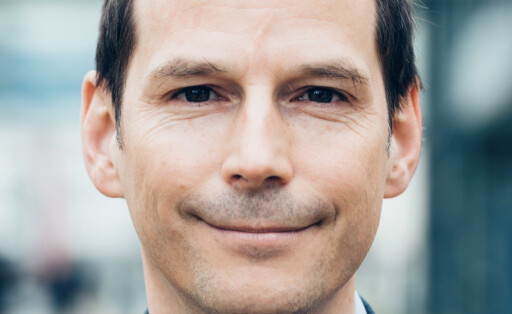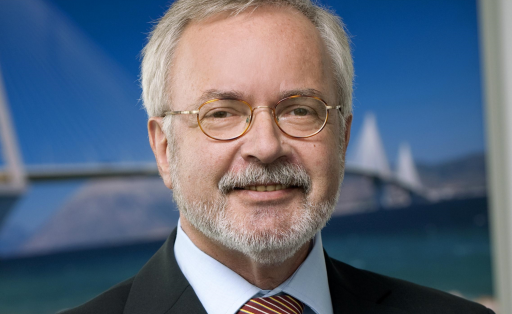



Europe's economies would be affected to varying degrees by a rising carbon price – most severely the Eastern European countries. Thieß Petersen of the Bertelsmann Stiftung explains why and proposes how a divide in Europe could be prevented.
By Redaktion Table

Methane accounts for only ten percent of all greenhouse gas emissions in Europe. However, in the short term, it is around 80 times more harmful to the climate than carbon. Experts say that emissions could be significantly reduced, especially in the energy sector. The EU is planning a law to this effect and also wants to bring third countries on board.
By Timo Landenberger


The EU environment ministers discussed the most important points on Wednesday at their first meeting since the presentation of the Fit for 55 package. There was fierce opposition to the planned emissions trading in the buildings and transport sectors. Ideas also differed widely on burden sharing and carbon standards for cars.
By Timo Landenberger


It is high time to end the financing of fossil fuels, write Werner Hoyer and John Murton in this Opinion. For the climate transition to succeed, global solidarity and international investment in clean energies are needed from now on.
By Redaktion Table

Matthias Buck sees sufficient overlaps between the Greens and the FDP. In an interview with Timo Landenberger, the political scientist says that both parties stand for issues of the future and are thus compatible in Europe. Buck is the Director of European Energy Policy at the think tank Agora Energiewende and calls for an immediate climate program from the future government.
By Timo Landenberger
